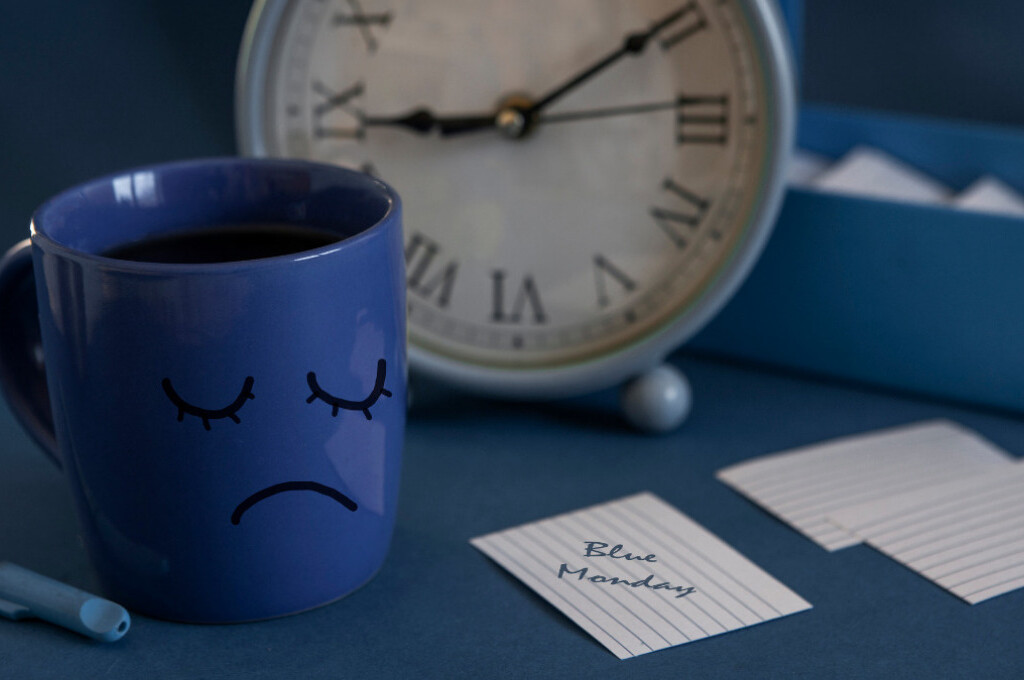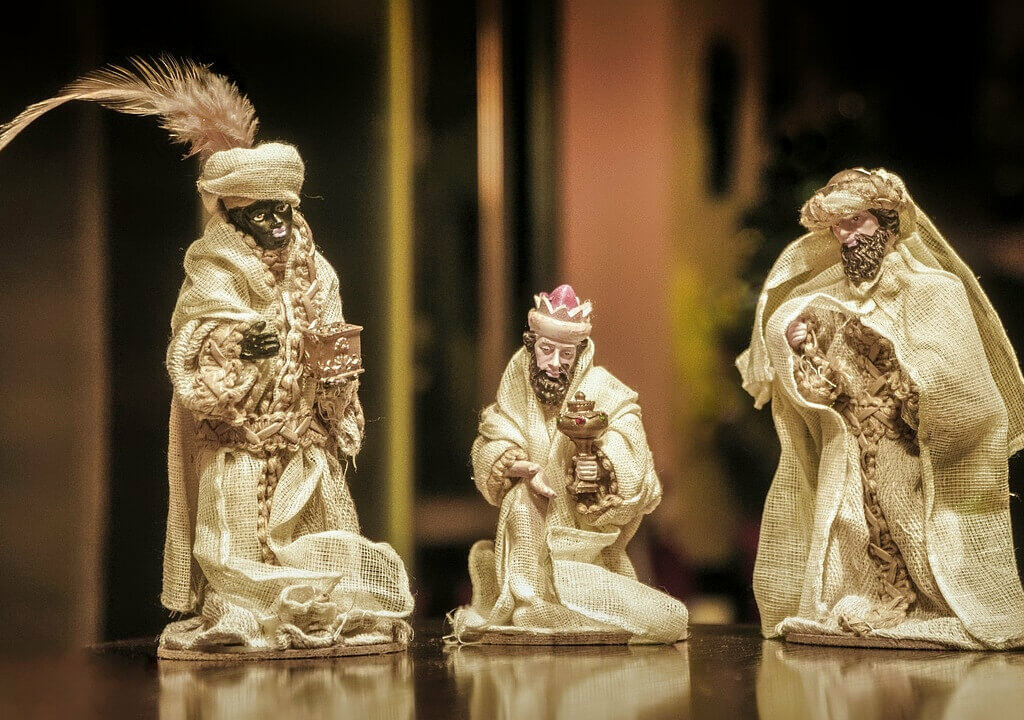Blue Monday is a day that many people dread: the most depressing day of the year. It is usually celebrated on the third Monday in January each year and is considered a time when people feel especially depressed due to post-holiday blues, cold weather and economic pressures.
The Origins and Worldwide Impact of Blue Monday
The concept of Blue Monday was born in 2005 when psychologist Cliff Arnall developed an equation to determine the most depressing day of the year. Although there is some debate about its authenticity, Blue Monday has become a widely recognized phenomenon and many people take steps to combat its effects.
January is usually associated with the beginning of a new year and new beginnings, but for many, it is also a time of intense sadness.
The main reason is the so-called “Blue Monday”, the third Monday of the month, one of the most depressing days of the year.
Dr. Cliff Arnall
A former tutor at Cardiff University in Wales, used an equation based on factors such as weather conditions, debt levels and motivation to determine that Blue Monday fell on January 18 of that year.
Although Dr. Arnall’s formula was quickly discredited by scientists and mathematicians who considered it too unscientific, his idea gained a worldwide following and quickly became a popular phenomenon.
Companies were quick to capitalize on this new awareness of Blue Monday; almost overnight, brands began launching campaigns focused on helping people cope with their depression during this time of year.
From clothing stores offering discounts on winter apparel to spas offering special deals on treatments, companies found ways to tap into this market and make money from it.
Impact of Blue Monday
The impact of Blue Monday has gone far beyond marketing campaigns; over the years, it has become part of our culture and language.
For example, people are now more aware than ever of seasonal affective disorder (SAD), which can cause symptoms such as fatigue and difficulty concentrating at certain times of the year, particularly in the dark winter months, such as January, when Blue Monday falls.
Mental health charities have seen an increase in demand for their services each January since Blue Monday was introduced; not only do they receive more calls from people seeking support, but they also experience higher levels of donations from individuals wanting to help those struggling with depression at this time of year.
Blue Monday may have started as a marketing ploy, but its widespread impact is undeniable: it has helped to bring once-taboo topics such as depression into mainstream conversation while raising much-needed funds for mental health charities around the world.
How to Survive Blue Monday
Strategies for Coping on the Most Depressing Day of the Year
Start your day with something positive.
Whether it’s writing down three things you’re grateful for or spending a few minutes in mindfulness meditation, take some time for yourself before you go to work or school. This can help set the tone for the entire day.
Next, focus on your physical health.
Exercise releases endorphins that can help improve your mood and make you feel more energetic and positive throughout the day. Even if it’s just taking a walk around the neighborhood or stretching at home, staying active can help combat the negative feelings associated with Blue Monday.
Next, be sure to take plenty of breaks throughout the day to relax and refuel.
Even if it’s just five minutes away from the desk or screen, stepping away from work or school tasks can be beneficial in helping to reduce stress levels and improve overall mental health. Taking regular breaks also helps increase productivity when it’s time to get back to work or school.
Have fun!
Finally, don’t forget to have fun! Be sure to take time out of your schedule to do something enjoyable, such as watching a movie with friends or family or playing an outdoor game like frisbee, to lift your spirits on this dreary day.
The Psychological Effects of Blue Monday
The psychological effects of Blue Monday can be felt even if you don’t believe in its existence.
Studies have found that people are more likely to suffer feelings of depression or anxiety when they perceive their environment as unfavorable or out of their control, something that can be triggered by external sources such as media coverage surrounding Blue Monday.
In the face of this situation, it is important to focus on self-care practices such as getting enough sleep, eating healthy and exercising regularly. Taking time for yourself, whether through mindfulness activities or hobbies, can help reduce stress levels and improve overall well-being during this period.
It’s up to the individual whether or not to believe in Blue Monday, but the most important thing is to take care of ourselves mentally and physically throughout the year, regardless of what day it is.
Forlorn On Blue Monday
Understanding Our Emotions During This Difficult Time
Many people may feel hopeless during this period, but it’s important to remember that feeling depressed or unmotivated is not necessarily a bad thing. It’s natural to experience a range of emotions throughout the year, including joy and sadness, so it’s okay if Blue Monday makes you feel especially blue.
The key thing is to acknowledge these feelings and not let them take over your life. Talking about how you feel with someone you trust or finding ways to distract yourself from your emotions can help. Doing activities that make you happy or setting realistic goals are also great ways to combat the blues when January returns.
During this particularly difficult time, we must take care of ourselves both emotionally and physically; taking time for self-care is just as important as washing our hands regularly and wearing a mask when in public spaces.
By understanding your own emotions during this tough period and being kinder to yourself when you need it most, you’ll ensure that Blue Monday won’t get you down again next year.
Depression
Blue Monday has become known as the most depressing day of the year, but it is important to remember that depression is not just any day. It is a serious disorder that can affect anyone at any time and it requires help and support from loved ones to manage. If you or someone you know is suffering from depression, seek help.
Related post




